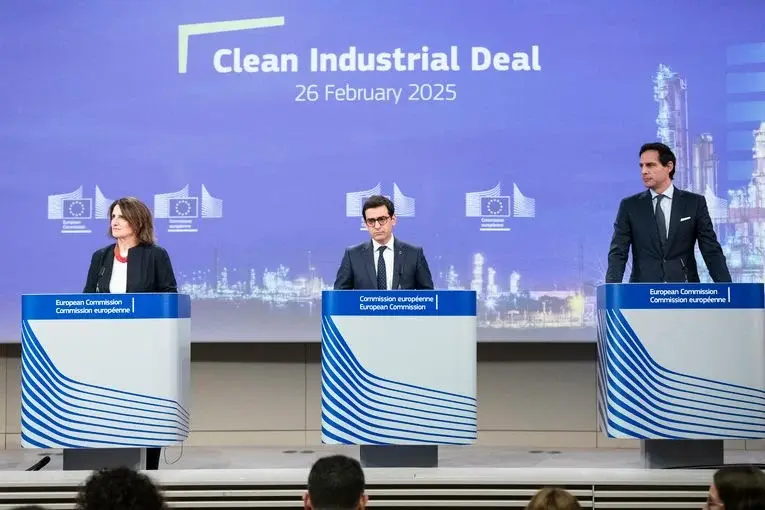Martynas Nagevičius, a key proponent of the amendment, member of the Cleantech for Baltics coalition, and President of the Lithuanian Renewable Energy Confederation hailed this as a critical step toward reducing Lithuania’s dependence on fossil fuels in the transport sector.
“For years, it was clear that petroleum fuels accounted for 95% of transport energy, yet political and governmental efforts to decarbonize the sector remained largely ineffective. The use of petroleum fuels has been steadily increasing,” said Nagevičius. “The real breakthrough comes from a united front—businesses representing various renewable energy sources (RES) like electric vehicle charging, biomethane, and biofuel production, recognized the need to focus on a common goal: reducing reliance on the oil industry.“
This initiative, which began with just five business associations, has grown exponentially and now encompasses 250 companies and organizations. Participants include major energy and industrial players, small and medium-sized enterprises, non-governmental organizations, municipalities, universities, and public sector bodies.
A recent study underscored the urgency of reducing oil consumption, revealing that each working day without decisive action costs the Lithuanian budget approximately €1 million. Since 2021, these cumulative losses have already exceeded €600 million, with an average increase of €8.4 per second.
With the Seimas approving the amendments in August, more than a year after the initiative’s launch, Lithuania is poised to accelerate the development of electric vehicle infrastructure, biomethane and biofuel production, and eventually, synthetic fuels and green hydrogen. The law serves as a crucial signal to businesses to invest in these areas while also focusing on greening transport fleets and improving energy efficiency.
However, this legislative step marks only the beginning. The government must now develop a comprehensive roadmap, integrating the 39% oil reduction target into the National Energy and Climate Action Plan (NECP), which is currently in preparation. The plan will likely include strategies to increase the demand for Renewable Fuel Units (RFUs), help lower the cost of green electricity and biomethane, and boost the number of vehicles powered by clean energy sources.
Source: https://maziaunaftos.lt/









